Former C4 chief says ‘human curation’ vital to AI success in creative sector, despite employment worries
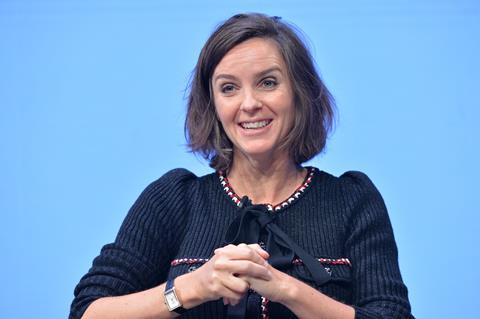
Former Channel 4 chief Alex Mahon has predicted all low-level TV jobs will disappear with the rise of AI, but “human curation” will never be replaced by the technology.
“All of those grunt work tasks will disappear, because they can be done by a machine,” Mahon told delegates during a keynote conversation at Broadcast’s Creative AI Summit this morning (18 November).
Speaking in her capacity as chair of the Centre for Creative AI, Mahon said the undergoing revolution will see “low-level creativity very rapidly become completely commoditised”.
She added: “The jobs in our industry that people might have started off with, like editing or production at low level, all of that will go.”
This means tasks such as assembling pitch and sizzle decks will likely become obsolete, with AI tools learning these tasks “super-fast”.
Mahon, who is now chief exec of festival and live entertainment group Superstruct Entertainment, said the jobs shake-up in TV and film industry would likely follow what’s happening in marketing and advertising but might be “slightly slower” given how screen industries are structured around talent.
Despite the threats, Mahon is optimistic about the impact of AI on TV, predicting the sector’s human creativity and AI’s efficiencies can be a potent combination.
“The skills that will be more important are centred around human curation,” she said. “Rather than telling everyone to study computer science, we should think about who is studying philosophy or sociology, the judgement of the curation will become more important than the production skills.
“I don’t see how AI could come up with an idea like The Traitors” she added. “There will be more time to focus on originality and less time on the mechanics of it all.”
Drawing on the marketing sector, Mahon said that AI itself does not produce amazing adverts because “it is trained to give you convergence, and the best advertising has been about divergence”.
She added: “We have a fundamental question there – if we are just auto-producing things, where is the greatness?”
Broadcasters have to tread carefully
Reflecting on her time at C4, Mahon said the approach to AI began ahead of the curve, but PSBs must walk a fine line between responsible AI use as well implementing it effectively. She added the industry remains “super-resistant” to AI.
“We spent a long time creating rules and principles, but we created so many rules around the sandpit it was hard to get in,” she said.
“We’re all scared. There’s a fear of losing jobs,” she said. “But you need to use it in places where you could be more efficient. You need to lose that waste.”
At C4, Mahon and her team attempted to create entirely-AI generated marketing reels it ended up taking “much longer to select what you wanted” because of the sheer volume of content produced to sift through.
Elsewhere, she said efforts to automate reels for social media struggled in genres like comedy where AI “couldn’t get the humour and so it would miss the punchline”, and this reinforced her views on the power of human curation.
When asked if she would be shocked by a broadcaster airing a completely AI-generated drama scene for instance, she said: “If the story is good, then I don’t think people will care.”



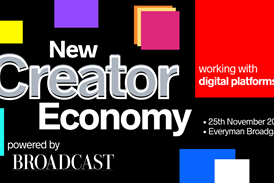





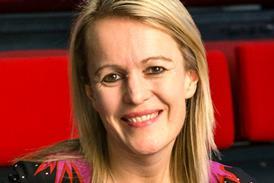




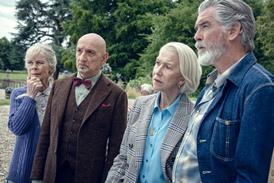






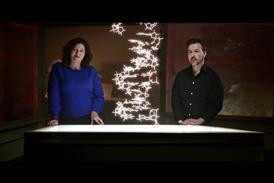
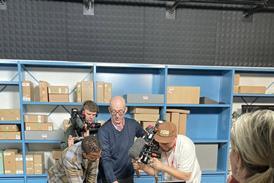






No comments yet